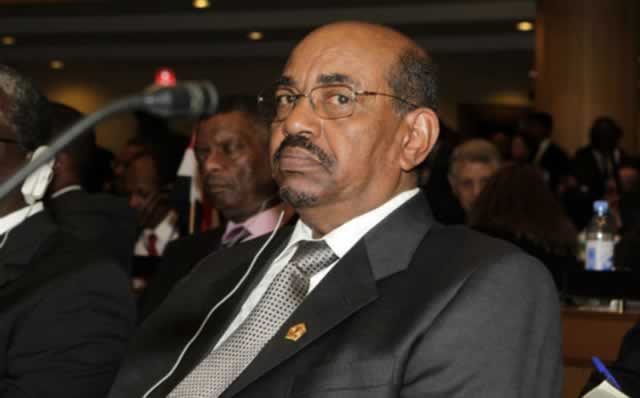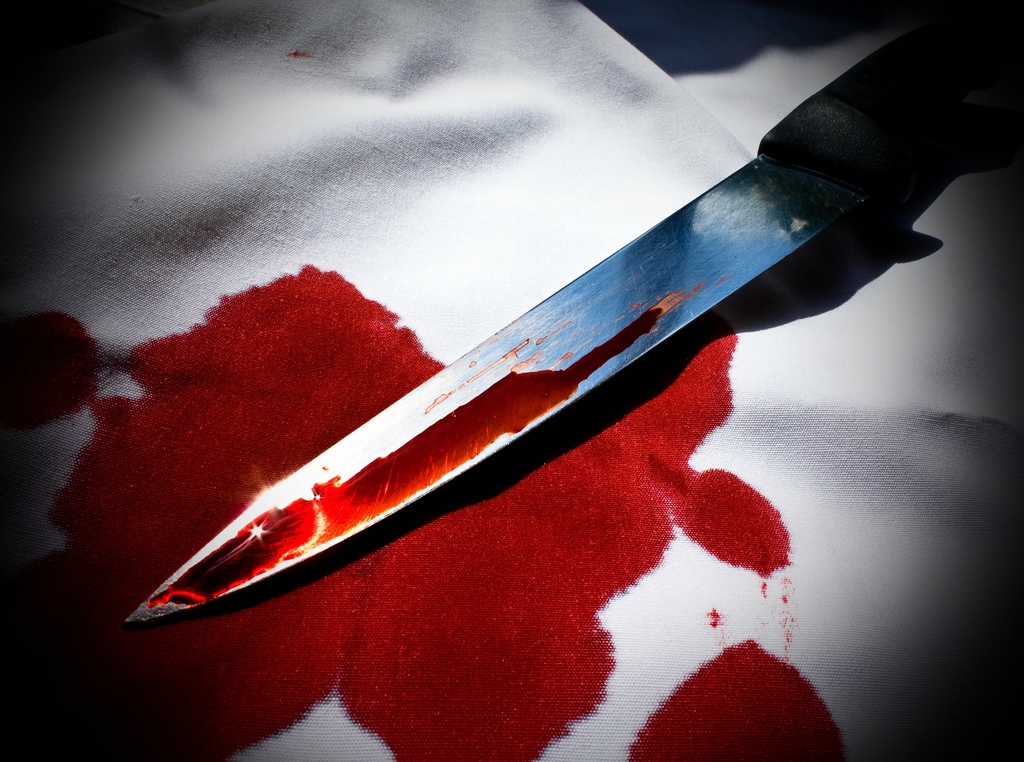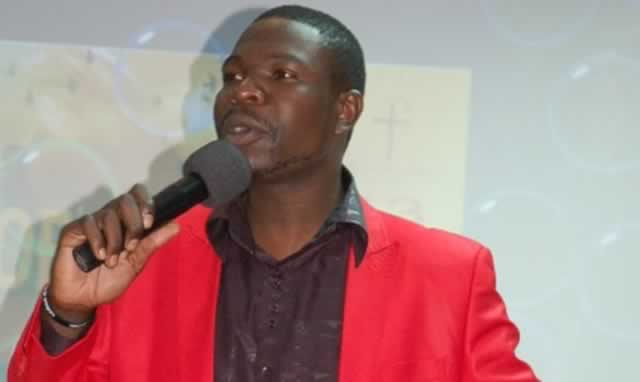Al-Bashir saga: There’s more than meets the eye

Tula Dlamini Correspondent
members of the ICC are good people in their own eyes, trying to rein in war criminals, regardless of their status in society.
But it is worrisome that they are prepared to pursue redundant decisions and to take their chances with the consequences.
A case in point relates to current attempts aimed at arresting Sudanese president Omar Al-Bashir.
An arrest of any sitting head of state by the ICC — in this case, president Al-Bashir, is a recipe for war, and an impediment to peace efforts currently underway in Sudan and broadly throughout Africa; with far reaching consequences than can be imagined by bureaucrats sitting in New York and other Western capitals.
There is more than meets the eye in Al-Bashir’s ICC prosecution case. The saga arises from the embers of a long conflict in Darfur, an area in the western part of Darfur.
For decades, the mostly nomadic peoples of Sudan, and the local farmers fought over land and grazing rights. What began as a rational attempt to address resource allocation issues with the sovereign, soon turned to radical and then almost messianic zeal, involving a complete undoing of social order. At the helm of this violent opposition was the rebel Sudan People’s Liberation Army (SPLA) then led by Dr John Garang.
Dr Garang died in a mysterious helicopter crash in 2004 but my encounter with him before his death is still vivid. We were both delegates at the historic 7th Global Pan African Congress, held in Kampala, Uganda, in 1994.
He did not mince his words; accused the government of “supporting the nomadic Arab tribes at the expense of local African farmers”.
The army Garang led was on record for attacking government targets and for mobilising the population on religious, tribal, ethnic and racial grounds.
The rest is history, and largely forms the basis for the ICC decision to indict president Al-Bashir; whose government responded by establishing “self-defence militias”.
By 2003, reports say militias, the most notorious being the Janjaweed militia, went to local villages, brutally killed men, and raped the women. These actions were allegedly supported by government through aircraft bombardments of civilian populations in villages and refugee camps.
The result was more violent opposition as several other armed groups emerged seeking to overthrow the Al Bashir government.
The United Nations estimated that more than 3 million people fled their homes.
The turmoil continued unabated in spite of successive mediation efforts — in Nairobi (2004), Abuja (2006), Tripoli (2007), and Doha (2009), among other initiatives. By then estimates say over 30 000 people had died.
Paradoxically, as the Doha round of talks began, facilitated by the African Union – United Nations Mission in Darfur, between 2009 and 2010, the ICC initiated a parallel process to indict Al-Bashir for the alleged commission of war crimes, crimes against humanity and genocide against civilians in Darfur.
Now, this is precisely part of the problem; that in spite of the All Darfur Stakeholders Conference in May 2011, in Doha, Qatar which culminated with the Doha Document for Peace in Darfur (DDPD) and the subsequent endorsement the same year on July 14, by the Al Bashir Government of Sudan and the Liberation and Justice Movement who signed a protocol agreement committing to the Document, the ICC has acted as if this critical framework for the comprehensive peace process in Darfur does not exist.
UN Secretary General Ban Ki-Moon was among the first to welcome the Doha Peace Document adopted by Darfur stakeholders as the basis to end the conflict in western Sudan. The framework is also supported by the African Union and Arab League. UNAMID chairs the Cease Fire Commission, called for by the DDPD, and participates in the Implementation Follow-up Commission.
Also in accordance with the DDPD, the Government of Sudan appointed a Darfur Regional Authority and a Darfuri as Second Vice President of the Republic of Sudan.
In this context it can be argued that the UN Security Council resolution calling for all states to co-operate with the ICC arrest warrant of Al Bashir has been overtaken by events, specifically, the attainment of a peace process in Darfur and perhaps the reason Al-Bashir has defiantly travelled throughout Africa and the Middle East.
Al Bashir’s position has also been bolstered by the African Union (AU) who in June 2014, voted to grant immunity from prosecution to all African Heads of State and “senior officials” at the African Court of Justice and Human Rights.
The AU, have pushed for head of state immunity since Sudanese President Omar al-Bashir was first indicted by the ICC in 2009 and subsequently with the election in March 2013 of Kenyan President Uhuru Kenyatta, who is also facing trial at the ICC.
Not all African states support the AU position on the ICC.
That said; 34 of 54 AU member states are signatories to the Rome Statute which establishes the ICC and several Africans hold key positions in the court. Mrs Fatou Bensouda, from Gambia was elected by consensus as Prosecutor of the ICC the Assembly of States Parties and sworn in on June 15 2012. In addition, there are four African judges and the Minister of Justice of Senegal, Mr Sidiki Kaba, is the President for the thirteenth to sixteenth sessions (2014-2017).
Clear however, by sheer numbers, the African representation in the ICC is not sufficient to block any decision of the court.
Further, the majority of these African officials are unlikely to deviate from the AU Assembly position on the matter of immunity from prosecution for sitting heads of states and ‘senior political figures’.
It is a catch 22 situation; one that renders impossible any prospect for a more useful engagement between African leaders and the ICC.
Although this is a simplistic assessment, my considered view is that democratic institutions are still relatively weak in most countries world over; and that most nations are currently organised around an anointed or as is in most cases nowadays, an elected sovereign at the head of a carefully constructed social structure.
To a large measure, this is how social cohesion is maintained in most of the African continent.
Thus, mutual respect for sovereign leadership, aided by agreed rules of procedure, remains the only plausible and pragmatic way of raising issues, no matter how critical.
Tula Dlamini is senior journalism lecturer at Monash South Africa University.










Comments